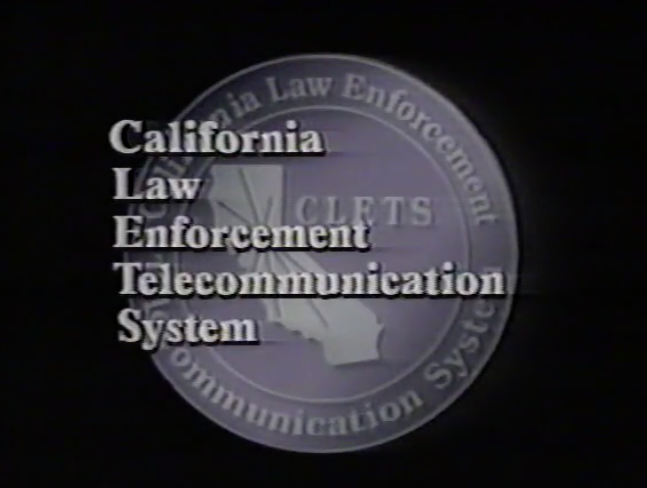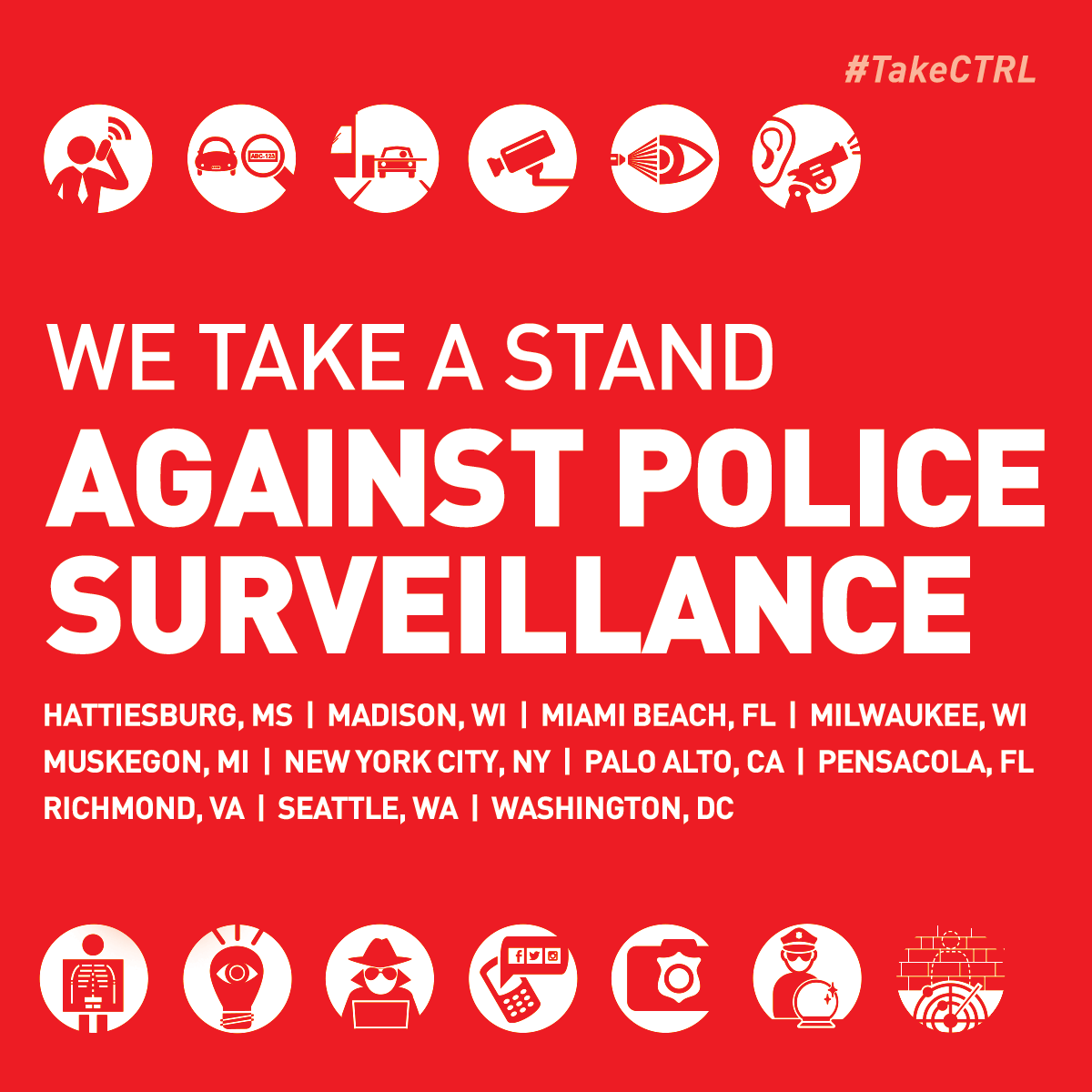Colorado Challenges Police to Serve and Protect, Not Fine and Collect
Colorado was ahead of the national curve when it legalized sales of recreational marijuana in 2012. Now it is yet again on the verge of being the standard bearer for another set of issues that are dear to the hearts of liberty movement: challenging law enforcement protocol that is more interested in generating revenue through onerous fines for victimless crimes than revenue raising.
The man behind this effort is a Colorado resident, entrepreneur, and political activist. Based in Colorado Springs, Steve Kerbel is a former CEO and Libertarian Party presidential candidate. An activist at heart, Kerbel has never backed down from a fight with a government entity, including a legal fight with his state’s securities office.
“When government unfairly shakes down business and private citizens, the only winner is government,” Kerbel states. “The people lose every time.”
Ahead of the midterm elections, Kerbel is preparing to launch “Stop the Shakedowns”— a campaign which seeks to introduce a unique statewide measure in Colorado that will likely set off alarms in the law enforcement community. If successful, his efforts would create a template that can be used in other states.
A Charitable Alternative
The ballot measure is creative and straightforward: all fines issued against Coloradans can be satisfied with donating to a registered charity of their choice.
The goal of this measure is painfully obvious: to wean government off of what is causing it to be oversized and bloated. The hope is that the shift in funding will consequently create a seismic shift in priorities for the enforcement of the law.
“The main objective of ‘Stop the Shakedowns’ is more judicious enforcement, based on the spirit of the law, rather than opportunistic enforcement that is more interested in revenue than justice,” adds Kerbel.
Restitution to victims will, of course, be the first priority but—as many who follow this issue know—often there is no victim involved.
The incentive to generate revenue through the enforcement of victimless crimes would be flipped on its head—all but removing the motivation for speed traps or other LEO activities that distract from actual criminal investigations and public safety.
This measure would also remove the more than apparent conflict of interest that arises from enforcing laws as a revenue stream. In a recent investigation, it was uncovered that many Colorado municipalities rely heavily upon ticketing, fines and penalties as a primary source of revenue. Mountain View, Colorado generated 53 percent of its budget from citations. The most commonly cited violations were (in order) seat belt violations, red light violations, and “obstructed view” (usually, cracked windshields). Criminalizing such victimless offenses while financially benefiting from the endeavor provides an unsettling perception that the law enforcement community is only self-interested and not concerned in maintaining public safety. Neutralizing this conflict of interest can only improve perceptions of law enforcement.
“It should be ‘serve and protect’, not ‘fine and collect,’” Kerbel asserts.
The Time is Right
Colorado is on the verge of being on the forefront of another hotbed political issue: civil asset forfeiture.
While Kerbel was toying with language for another proposal—one that would have put the abolition of civil asset forfeiture on the ballot—Colorado legislators were already in the midst of addressing that very same issue.
In April, House Bill 1313, titled simply “Civil Forfeiture Reform”, was introduced to the floor of the Colorado General Assembly. Far from abolishment, the bill requires that law enforcement agencies report asset seizures to the state government, which will, in turn, publish and maintain the information on a public database. HB-1313 merely brings more transparency to the process
Sponsored by a diverse collection of legislators, the bill was passed with a resounding majority. Of the 100 Colorado legislators, only 14 opposed the bill. HB-1313 was signed into law by Governor John Hickenlooper on June 9th.
Unsurprisingly, this bill received vocal dissent from the Colorado law enforcement community, who urged the Hickenlooper to veto it.
“It’s a difficult process for them to work their way through in the first place,” laments Larimer County Sheriff Justin Smith, referring to prior asset seizure protocols. “I just simply see a lot of agencies—they will abandon forfeitures.”
This is an ironic choice of words by Sheriff Smith because that’s exactly the point. With added transparency, Colorado residents will have a better understanding of civil asset forfeiture, which amounted to $13.5 million worth of seizures in 2014 alone.
Though a moderate reform, this new law is being applauded nationally. “Colorado now has the best laws in the nation, hands-down, for seizure and forfeiture transparency,” said Institute for Justice Senior Legislative Counsel Lee McGrath. “Through its comprehensive disclosure requirements, this law will play a vital role in keeping both the public and the legislators well-informed about civil forfeiture in Colorado.”
Law enforcement rent-seeking is facing some significant challenges in Colorado, so Kerbel is tapping into something unique at a pivotal time. This may be a “right time, right place” scenario for ‘Stop the Shakedowns’.
Call to Action
To move the needle, work needs to be done.
Kerbel is meticulous in his management of ‘Stop the Shakedowns’. He is currently organizing an issues committee that will serve as the primary decision-making body of the campaign. With governance in place, the group can start accepting donations and directing volunteers. Kerbel is also working on recruiting partnering organizations who can bring added clout to his cause.
Getting the ballot measure finalized is another key step. Kerbel is working closely with Colorado’s Secretary of State to fine-tune ballot language. To do so, hearings with the SOS will need to be scheduled.
Once all of the legalese is completed, then comes the next obstacle: signature gathering. To get on the ballot, over 98,500 signatures of verified registered voters will need to be gathered. To be on the safe side, Kerbel is setting a goal of 150,000 signatures. Kerbel and team will have six months to complete this task. Once on the clock, volunteers will need to pound the pavement to push this forward.
“The signature part is the hard work,” Kerbel smirks. “Once on the ballot, I predict that this will be fun.”
For more information on Kerbel’s efforts, visit www.stoptheshakedowns.com. If interested in volunteering, Kerbel can be contacted at join@stoptheshakedowns.com.
Jay Stooksberry is a freelance writer with passions for liberty, skepticism, fatherhood, humor, and whiskey. His work has been published in Newsweek, Independent Voter Network, Fatherly, and other publications. When he’s not writing, he splits his time between marketing consultation, outreach work for his local Libertarian Party affiliate, and enjoying his spare time with his wife and son. Follow him on Facebook and Twitter.
This article was originally published on FEE.org. Read the original article.







